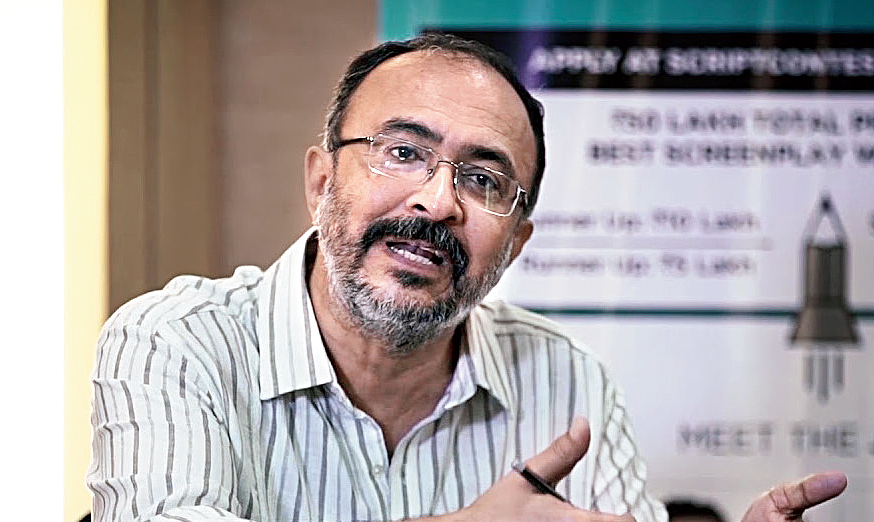Senior writer Anjum Rajabali, who has written films such as Ghulam, The Legend of Bhagat Singh and Raajneeti, and is also known for lobbying for the rights of Indian screenwriters, has been working towards formulating a plan for writers to get respectable remuneration. Rajabali has managed to convince Excel Entertainment’s Ritesh Siddhwani, who has been making movies of all kinds, to join the crusade.
Rajabali speaks to The Woods on the subject.
The Woods: Ritesh Sidhwani has agreed to the model contract of Screen Writers’ Association (SWA). Will you be pushing for the contract to become mandatory?
Anjum Rajabali: It was heartening when I did propose that Excel agree to the basic terms of the Minimum Basic Contract that SWA has drafted to make writers’ contracts more equitable and fair, he instantly agreed to not only do so, but also go public with the announcement. What’s reassuring is that if a major production house like Excel agrees to formally bind itself to these minimum fees, it is indicative that the industry is beginning to value scripts.
Often producers do tend to tell first-time writers that they are giving them a chance and so they cannot negotiate and most of the times the writer gives in.
It’s true that generally a script’s value has been determined by the bio-data of its writer. So, for new writers, their fees are ordinarily much lower than that of an established writer, no matter if the size of the project remains the same. Earlier, producers would insist they were giving the writer a break, which was all bunkum, of course. This schedule of minimum fees does go some distance towards addressing that questionable anomaly of new writers being paid a pittance, simply because it is their first script. We believe there is a modicum of dignity in these minimum fees.
The contract says the writer gets paid separately for story, screenplay and dialogues.
No, the minimum basic contract carries a comprehensive fee for the script. However, if there are different writers for different components of the script (i.e. for story, screenplay and dialogue, respectively), then each of these carries an individual value too.
Do you think it will be easy for the SWA to convince producers who have the habit of paying the writer very little money?
No, I guess it won’t be easy but on seeing positive breakthroughs in the negotiations with other more responsible and sensible production houses, either they too will see sense in these minimums, or writers will have to learn to resist accepting undignified and unfair fees.
Also role of writers’ agents who often come to negotiate, what happens to them? We have come across some writers who feel agents do tend to overcharge and at times the writers lose a chance to work with a particular producer.
I do believe that writers being represented by agents has been a positive move, as it has ensured better fees. Moreover, many writers are hardly the best negotiators. I’m not sure that an agent can quote a fee that the writer herself hasn’t allowed him to. And, if that is happening, then that agent needs to be pulled up or fired. These minimums will not make agents redundant. If anything, it will give them more leverage to get better terms for their clients.










